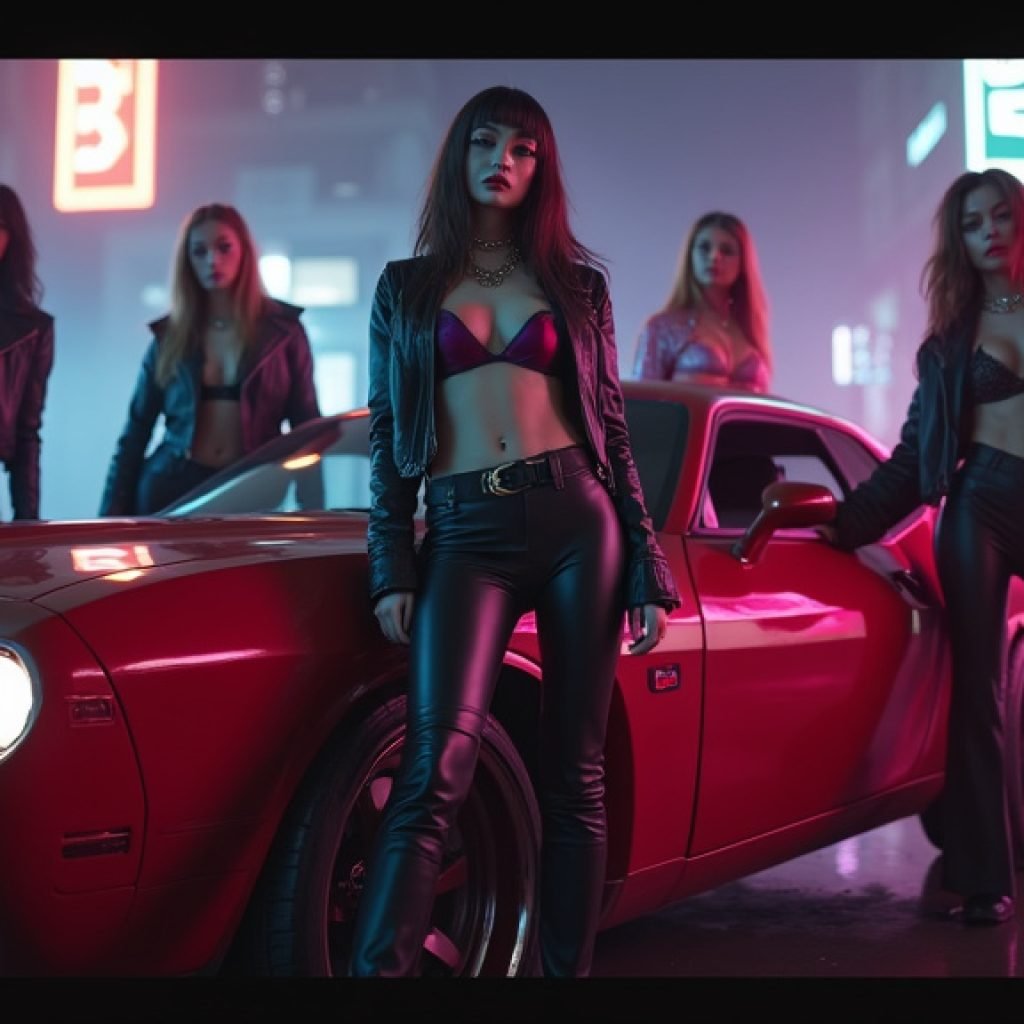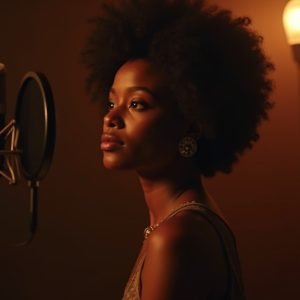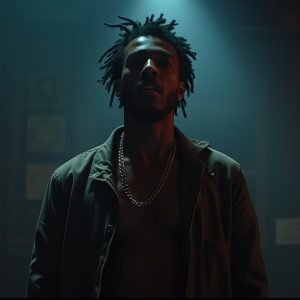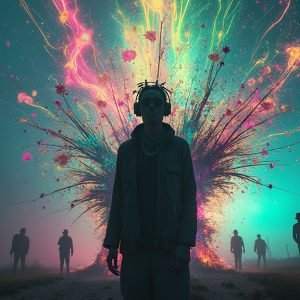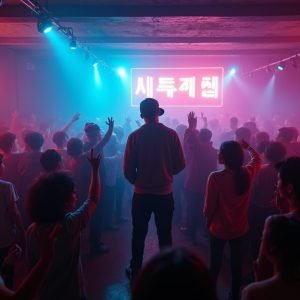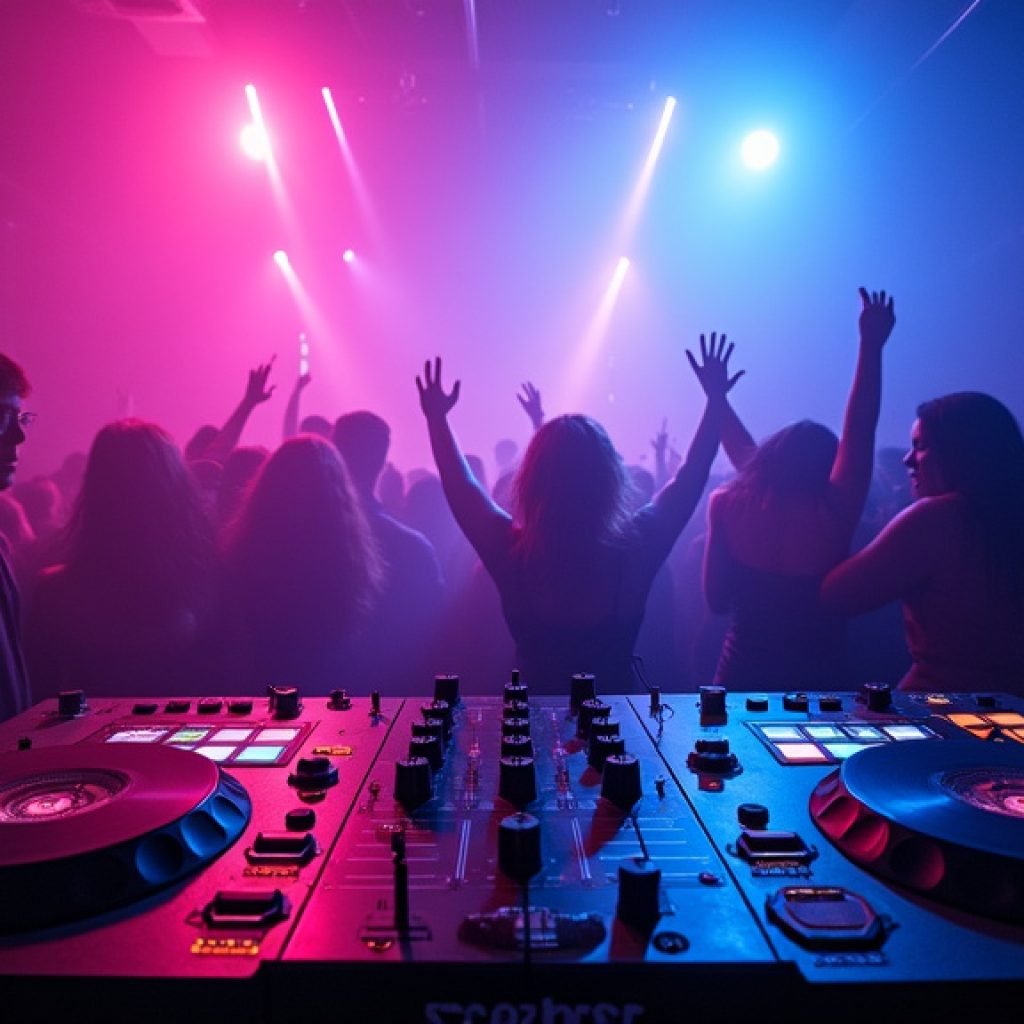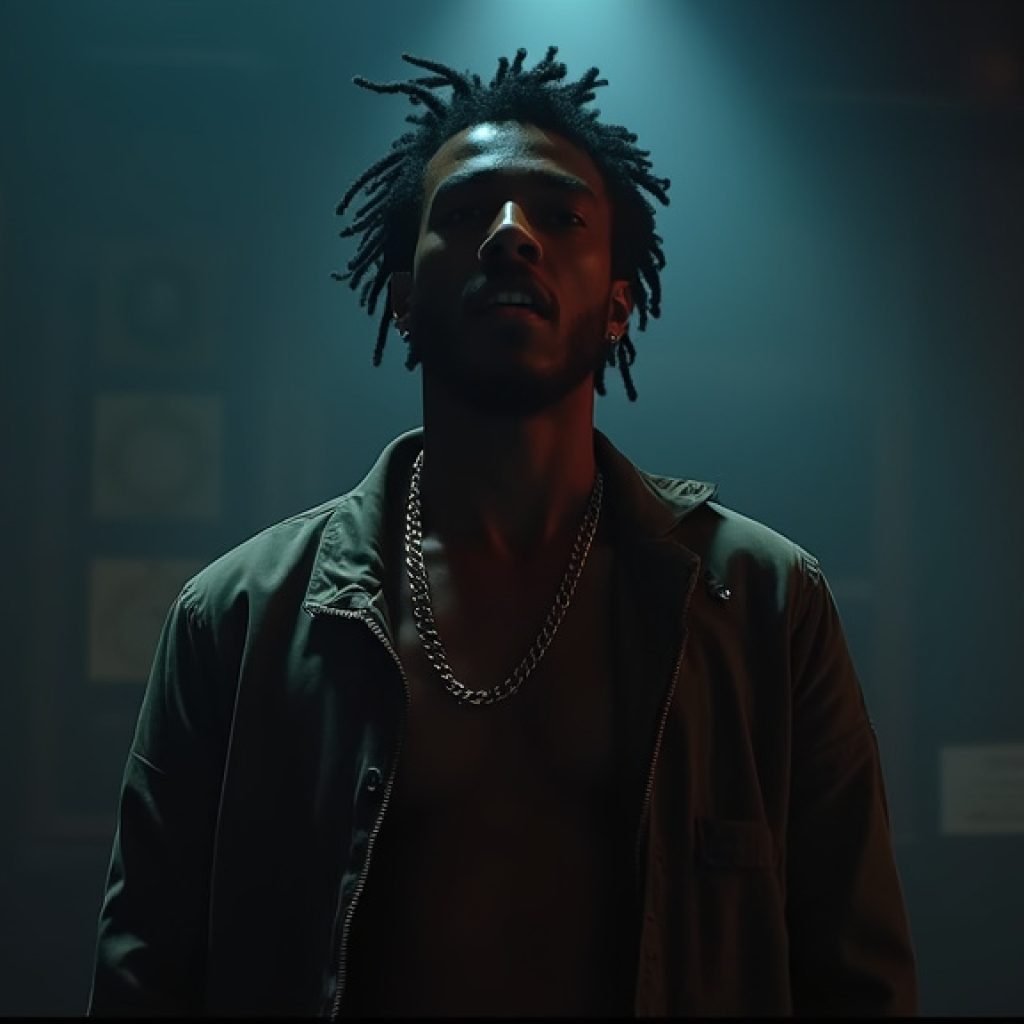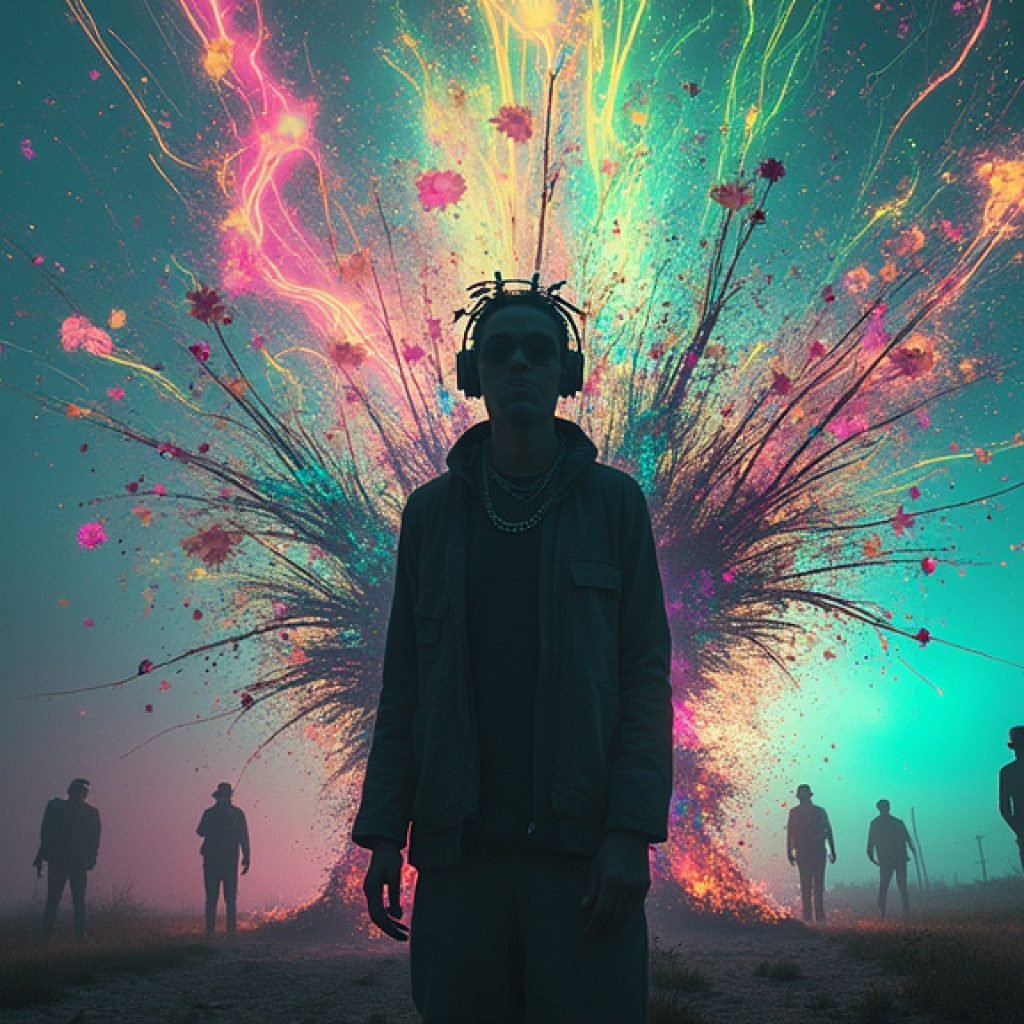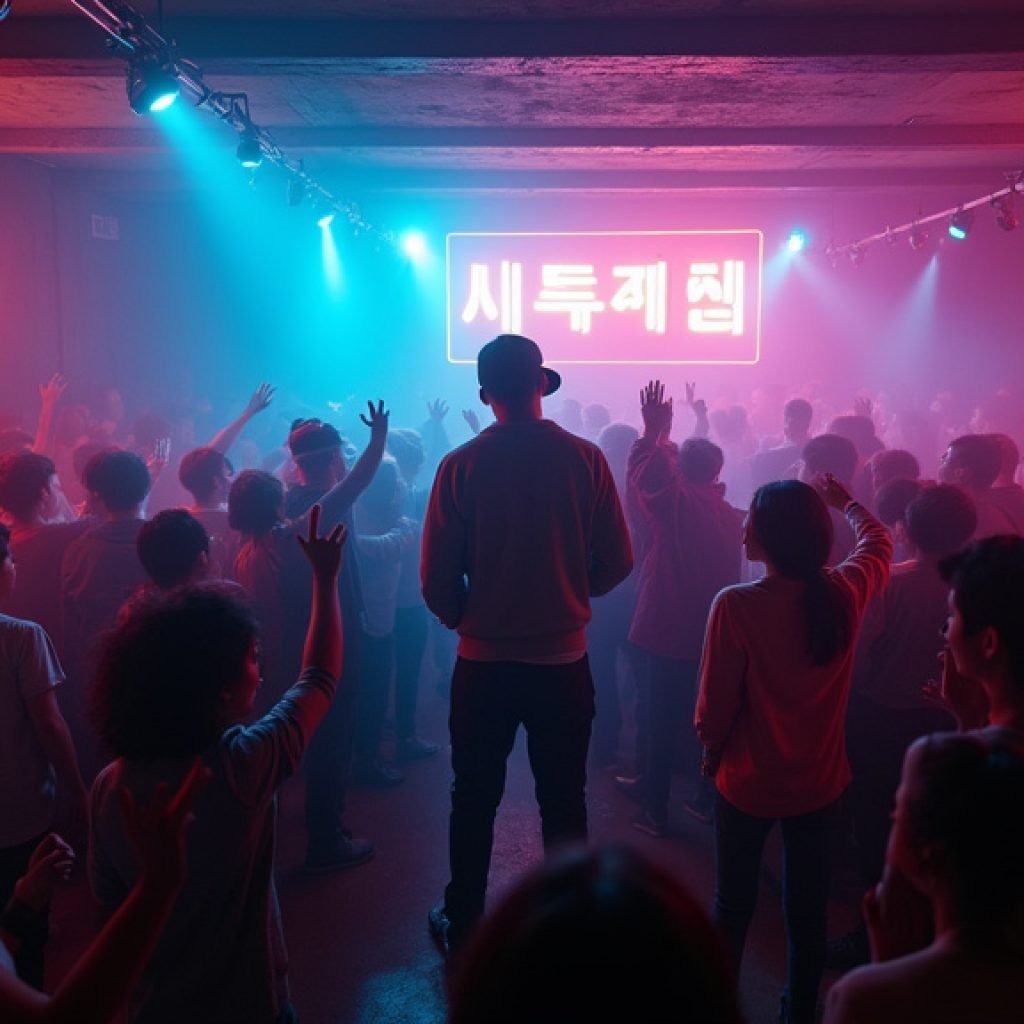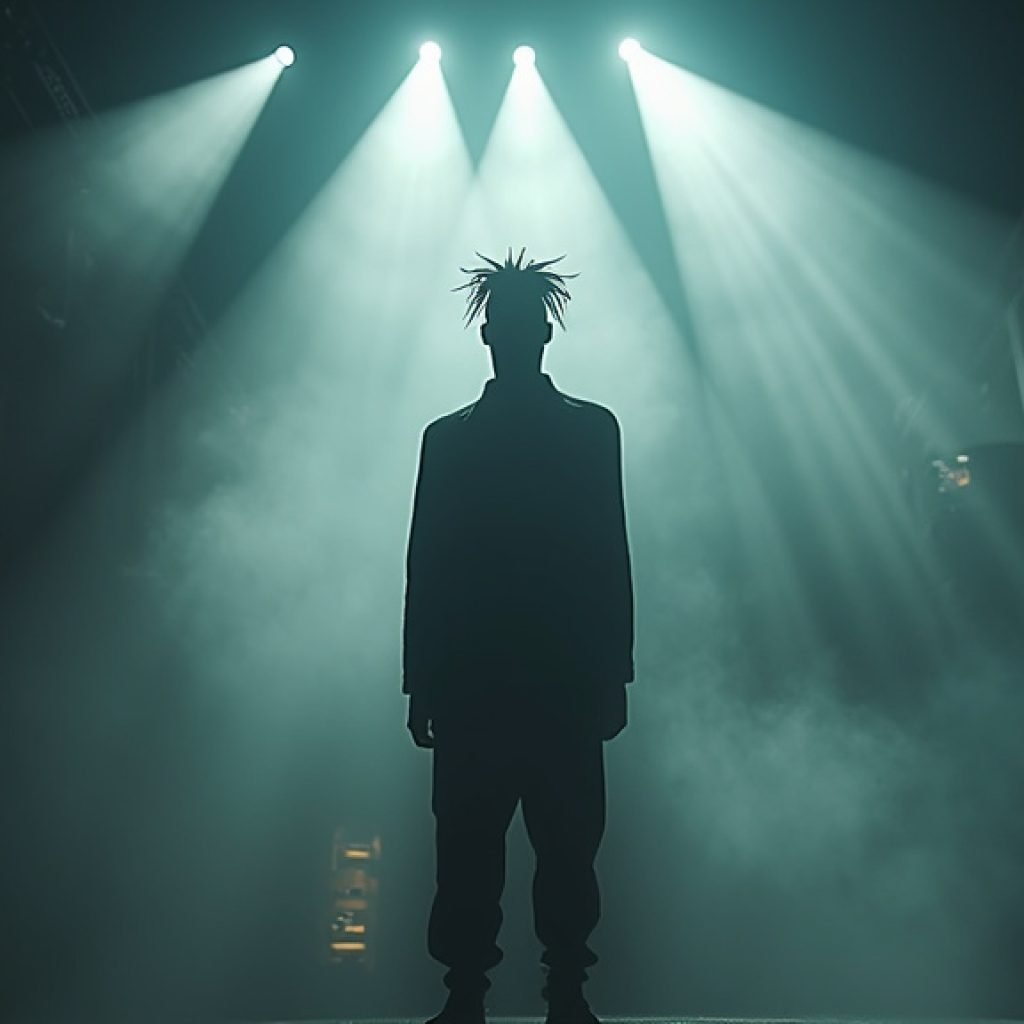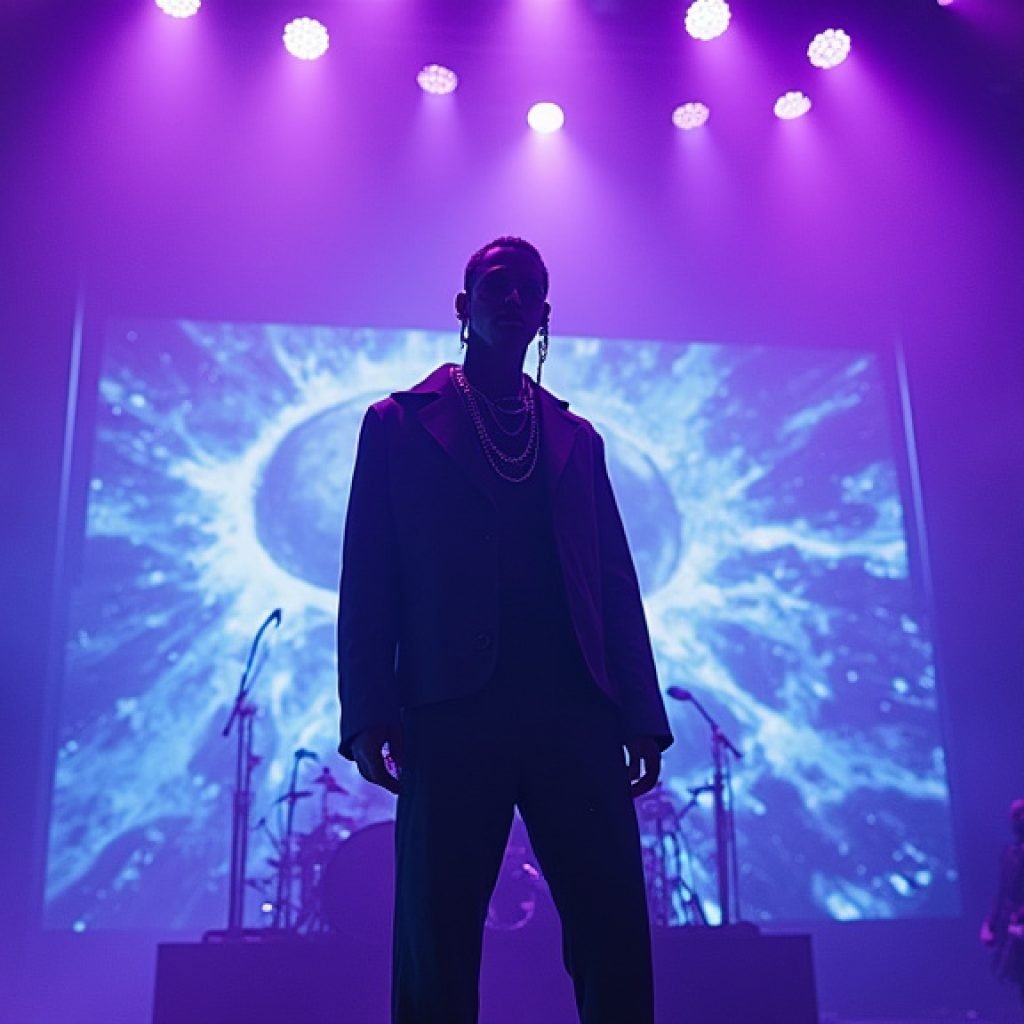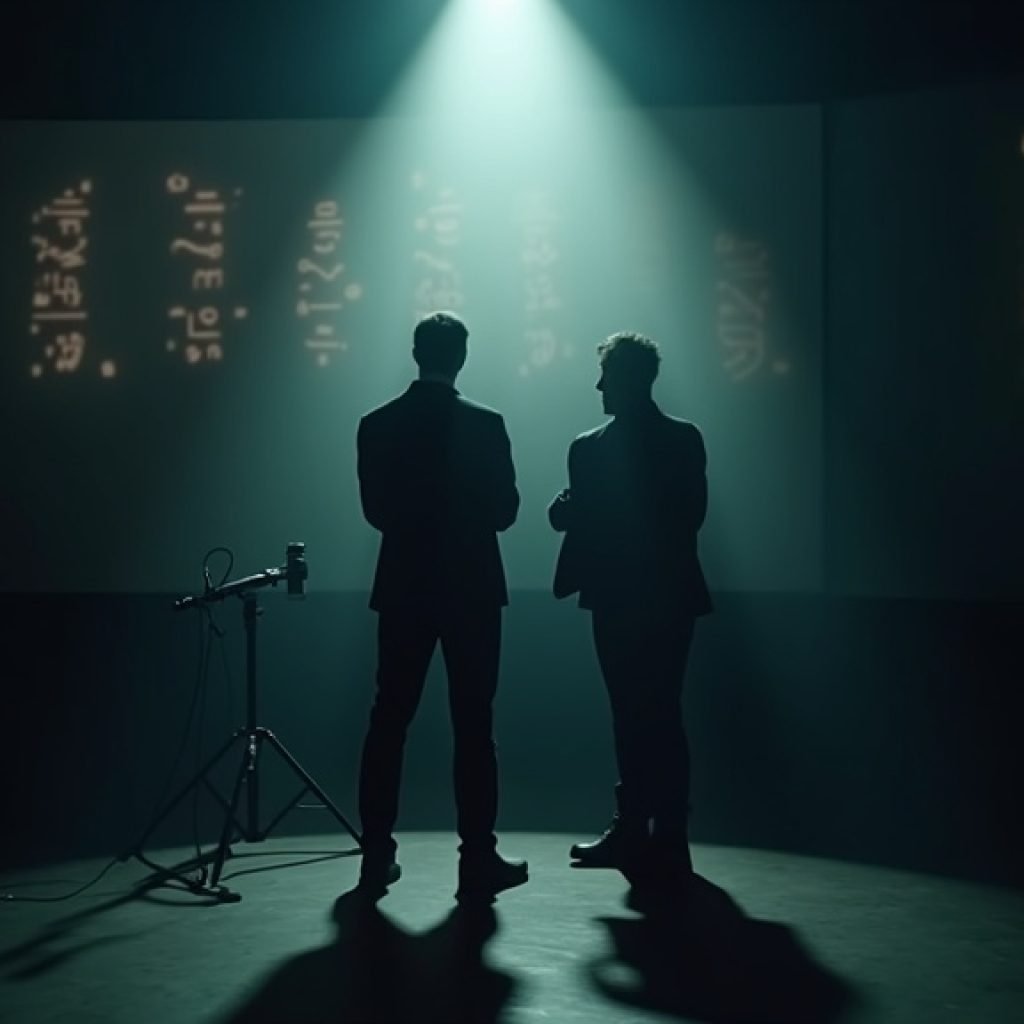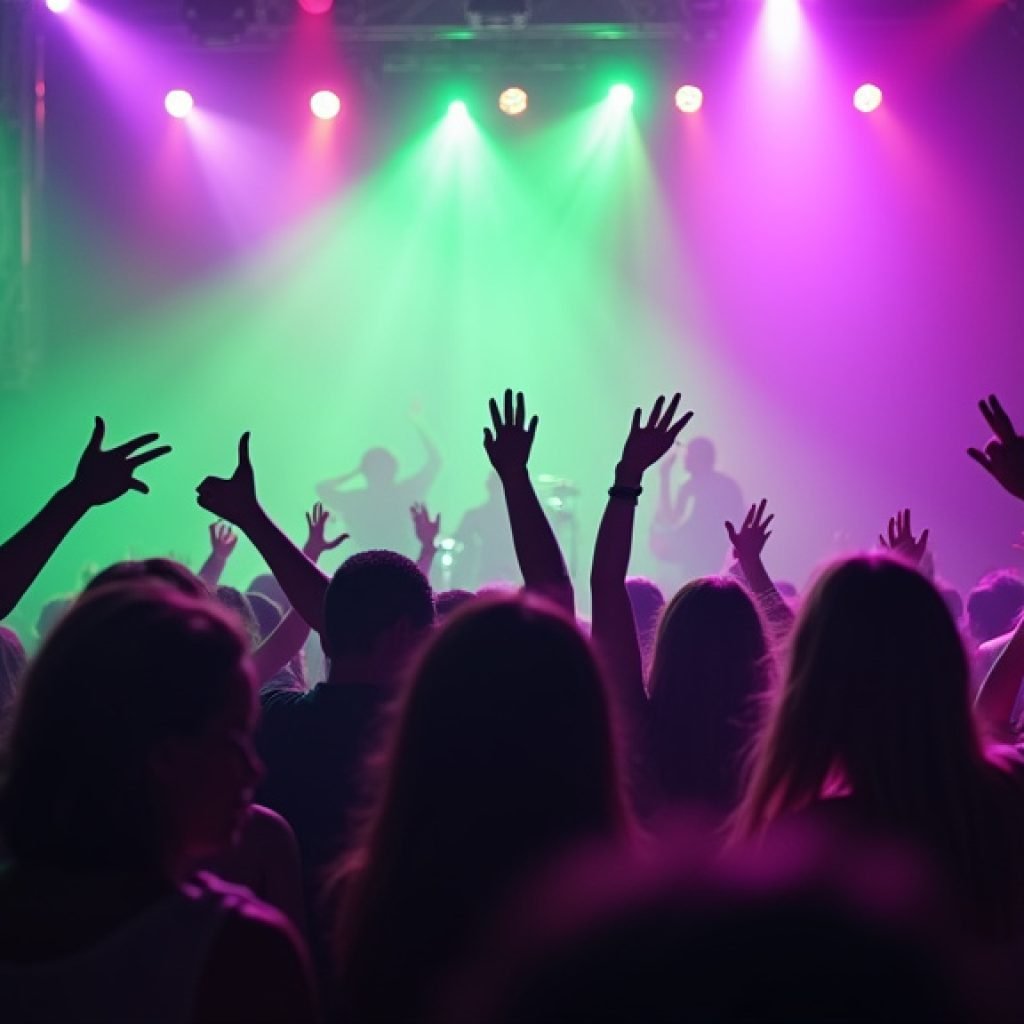Dayton, Ohio – In the heart of the Midwest, a vibrant hip hop scene is not just growing; it’s flourishing, fueled by a spirit of collaboration and shared ambition. At the nexus of this burgeoning movement stands Blanch Robinson, an artist, organizer, and educator who has become a pivotal figure in Dayton’s evolving musical landscape.
Robinson embodies a dual role within the community: he is both a diligent student, absorbing the nuances of the craft and the industry, and a generous teacher, actively sharing his knowledge and experiences to uplift fellow creatives. His journey into the world of hip hop began in his high school years, a passion ignited by observing his cousin’s dedication in a makeshift home studio. “Watching him really work and grind really motivated me,” Robinson recalls, noting how his parents’ support in acquiring his first studio setup set him on his current path. Now, he finds himself at the forefront, not only releasing his own music but also playing a crucial part in shaping the environment for other artists. His music, a blend of hip hop and trap influences, features catchy hooks and meaningful lyrics, with tracks like “New Phone” and “Aw Yeah” showcasing his distinctive sound.
A Collaborative Ecosystem Emerges
The Dayton hip hop scene, long a city celebrated for its funk heritage with legends like the Ohio Players and Zapp, is now charting a new course in rhythmic expression. Robinson has witnessed a significant shift, moving away from what he describes as “gatekeeping” in previous years towards a more open and supportive ecosystem. “I love that we’re all getting on the same page now,” Robinson states. “We’re all seeing what it really takes to be a musician and an artist. I didn’t want to be the only person benefiting. I want to see everybody else benefit.” This communal ethos is what he believes is keeping the music scene vibrant and alive.
Experienced artists in Dayton are increasingly extending their wisdom to emerging talents, a practice that Robinson sees as foundational to the scene’s advancement. “The people that have been through it are giving games to us now. They’re really showing us the blueprint,” he explains. This mentorship fosters a powerful sense of shared progress, where artists actively inspire one another. Robinson frequently cites peers like K. Carter, TINO, and Eman Jones as sources of motivation, noting how they “put young artists on” and create new platforms for exposure. This collaborative spirit encourages innovation, with artists constantly texting each other for content ideas and pushing creative boundaries.
Lowering Barriers and Building Platforms
A significant aspect of Robinson’s impact is his commitment to lowering the barriers to entry for new artists. The DIY mentality is now central, with virtually anyone able to step into roles like promoter or booking agent. This accessibility allows more creatives to curate and contribute to the scene’s development, fostering a fertile ground for new talent to emerge. Artists like 1onturk are blending influences to create fresh sounds, while others such as Illwin are championing self-acceptance through their music, and Boogie Woods highlights the scene’s ongoing growth and its connection to Dayton’s funk roots. Projects like Rap Campp further unify the community, bringing together multiple generations of local emcees to create a cohesive artistic statement.
Robinson is also involved with “It Takes a Village Studios,” a multimedia hub in Dayton that provides artists with essential creative space and resources. He sees this as an extension of his mission: offering a “playground” where artists can hone their craft and learn the business of music. “If you come here, you book a session, all of this is to your advantage,” he asserts, emphasizing the studio’s role in empowering creators. This hands-on involvement directly contributes to building a robust infrastructure for local music, encouraging artists to create a substantial body of work that can attract wider attention and positive reviews.
A Harmonious Future for Dayton Music
The collective efforts of artists like Blanch Robinson are cultivating an environment where experimentation and mutual support are paramount. By sharing knowledge, organizing shows, and providing platforms, they are actively building a sustainable future for Dayton’s hip hop music. This collaborative energy not only enriches the local scene but also positions Dayton as a significant contributor to the broader hip hop conversation. As the scene continues to mature, this spirit of camaraderie and artistic development promises to yield even greater achievements, solidifying Dayton’s place as a hub of authentic and dynamic musical talent.




